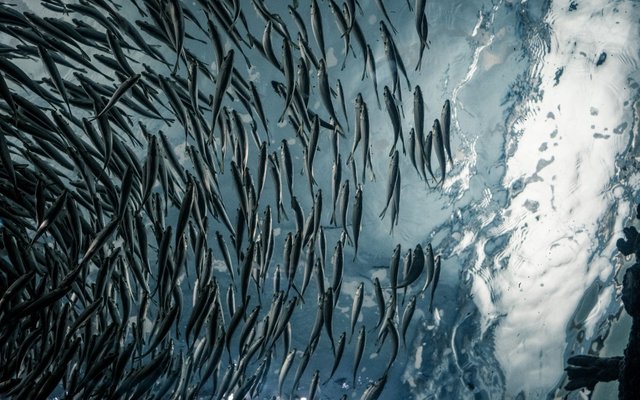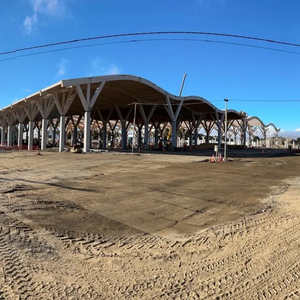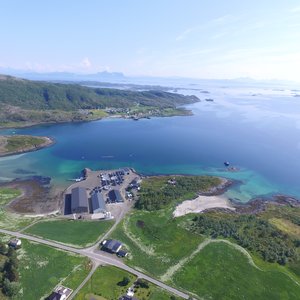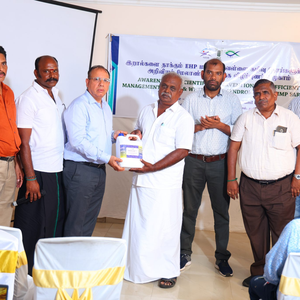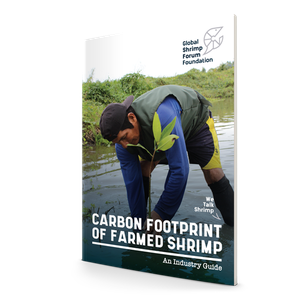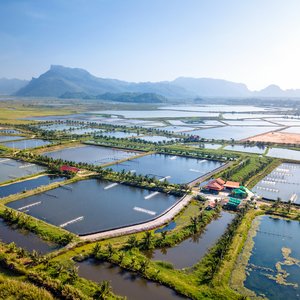Aligned with its strategy to reduce pressure on pelagic fish stocks, which are crucial for both salmon farming and marine ecosystems, Skretting is actively involved in the FIP alongside WWF, Environmental Defense Fund, Foodcorp, INPESCA, other feed producers, and artisanal fishers from the Biobío region.
Paulette Darrouy, WWF's FIP Lead, emphasized the importance of Skretting's participation, stating, "Skretting's involvement not only brings direct benefits in terms of sustainability and responsibility but also strengthens its strategic market position, improves its relationship with key stakeholders, and contributes to the health and sustainability of the fisheries it depends on."
Juan Manuel Leiva, deputy sustainability manager at Skretting Chile, highlighted the company's commitment to sustainable aquaculture and its recognition of the importance of pelagic fisheries in salmon farming. "We believe that aquaculture is the solution to feeding the growing global population. That's why we work tirelessly on the sustainability of all our processes, which logically includes our supply chain. Despite the constant decrease in the use of marine ingredients in our formulas, we understand that pelagic fisheries will continue to be fundamental for the future of salmon farming. This project is an excellent opportunity to support the improvement of fishing practices and thus have healthier marine ecosystems. We are very proud to be part of this initiative that seeks to responsibly care for one of the most ecologically important regions in the world," Leiva concluded.
Darrouy added that participating in this project helps companies promote social and environmental responsibility, strengthen their relationships with key players in the fishing sector, and encourage compliance with regulations and certifications. "By getting involved in this project, Skretting can access innovations and best practices, which can translate into improvements in its supply chain," she pointed out.
This FIP is currently in its implementation phase, which will extend until 2029. The first progress report was submitted in September 2024, and the next one will be reported in March 2025. Among the main challenges for this year is to expand the participation of key companies in the project, in order to fully meet the final objectives of the project, which are to improve the stock assessment process, increase the performance of the fishery in relation to its interactions with other species and perfect the management framework of the fishery and its control procedures.


